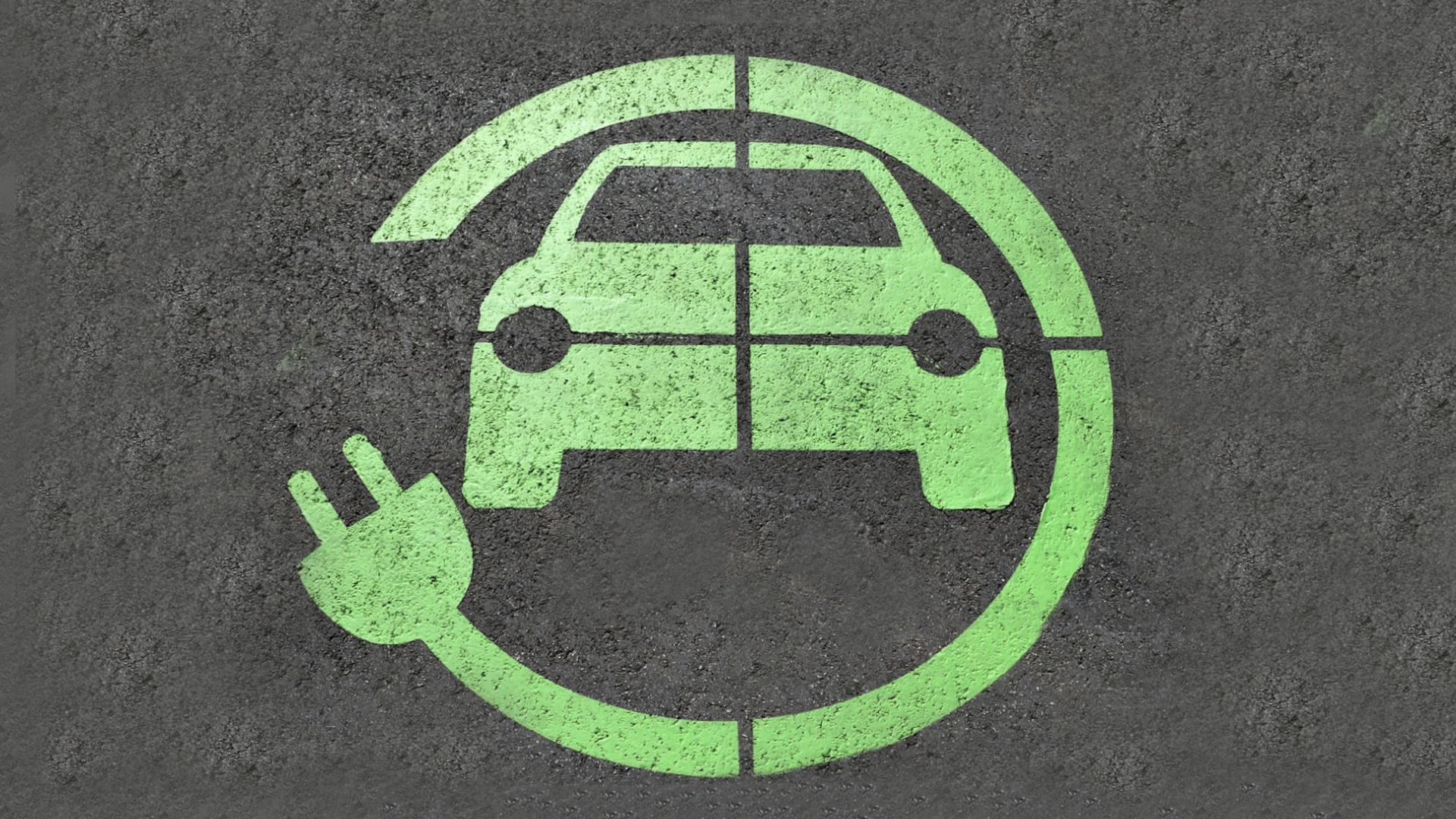Delhi has announced a huge policy shift, with the goal of completely transitioning to electric bike taxis by 2030. The relocation is part of the 2023 Delhi Motor Vehicle Aggregator and Delivery Service Provider Scheme. Bike taxi companies such as Ola, Uber, and Rapido, which presently offer both fuel and electric models, will be forced to transition solely to electric vehicles. This project is consistent with the city’s overarching objective of reaching net zero emissions in public transit, therefore fighting the capital’s dangerous traffic pollution.
The Delhi government’s policy requires all cab operators to obtain licenses within three months of the notification being issued. Except for electric cars, licenses will be valid for five years with yearly costs. Vehicles under two years old are eligible for a 50% refund. This policy change attempts to reduce automotive emissions, which are a major contributor to Delhi’s high pollution levels.

Furthermore, Gopal Rai, Delhi’s Environment Minister, emphasized the city’s commitment to environmental sustainability by including gradual electrification in the taxi aggregator rules. The action comes on the heels of a recent ban on BS3 petrol and BS4 diesel cars owing to poor air quality.
Aside from the emphasis on electrification, the strategy assures public safety and convenience. The state government intends to handle consumer concerns about surge pricing filed against aggregators.
The drive for electric bike taxis in Delhi is an important step towards fighting pollution and creating a sustainable transportation ecology. The city’s commitment to a full transition to electric cars corresponds with India’s larger goal of reaching net zero emissions by 2070. This effort demonstrates a proactive response to environmental concerns while aiming for easier and more regulated operations in the aggregator business. The emphasis on electrification not only reduces automobile emissions but also emphasizes the importance of public health and environmental welfare in the nation’s capital. As the strategy is implemented, maintaining compliance with these criteria will be critical to achieving a cleaner, greener future in Delhi’s transport sector.








